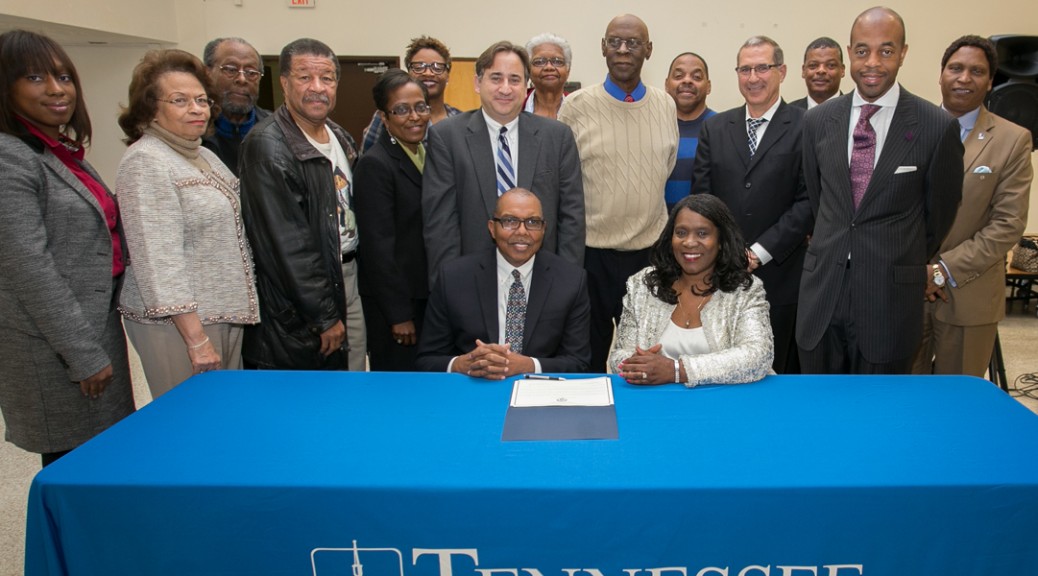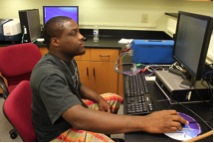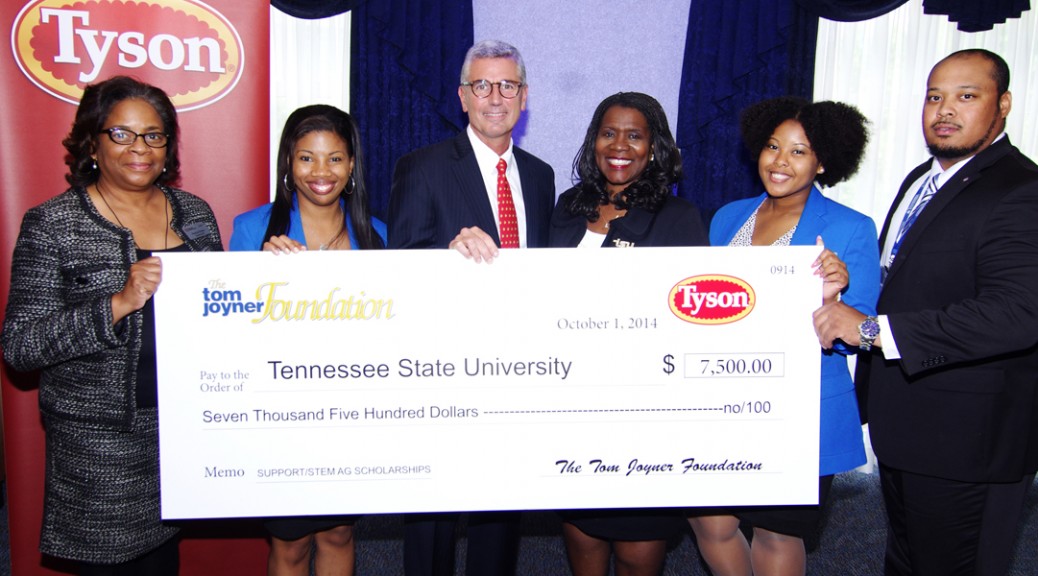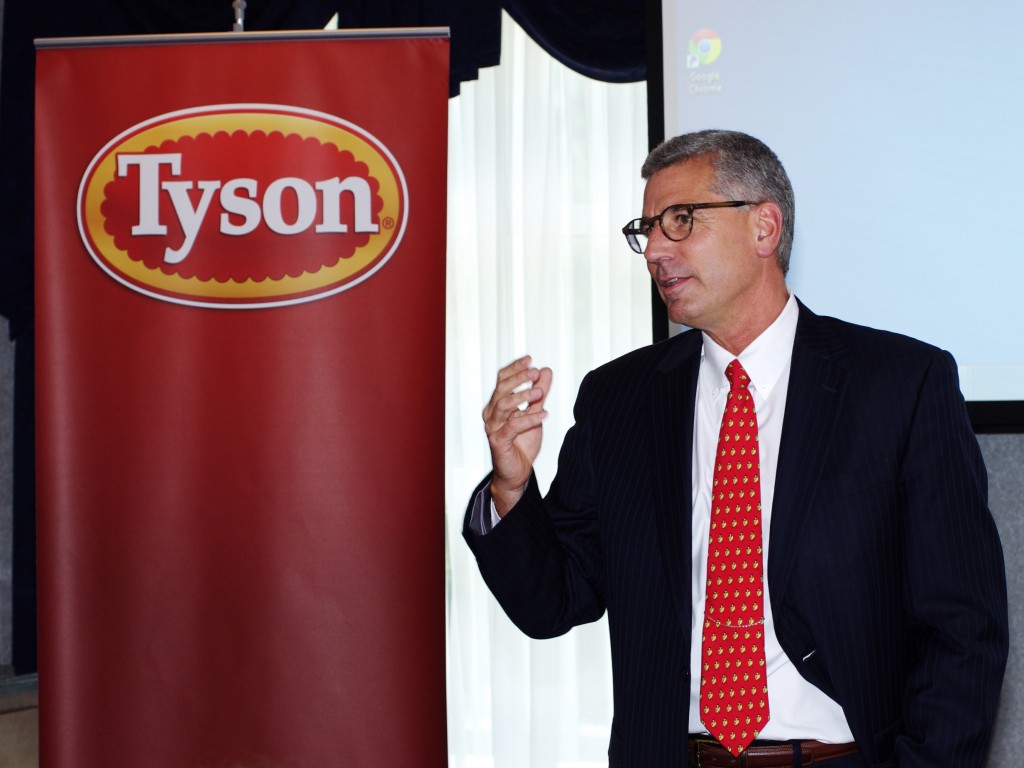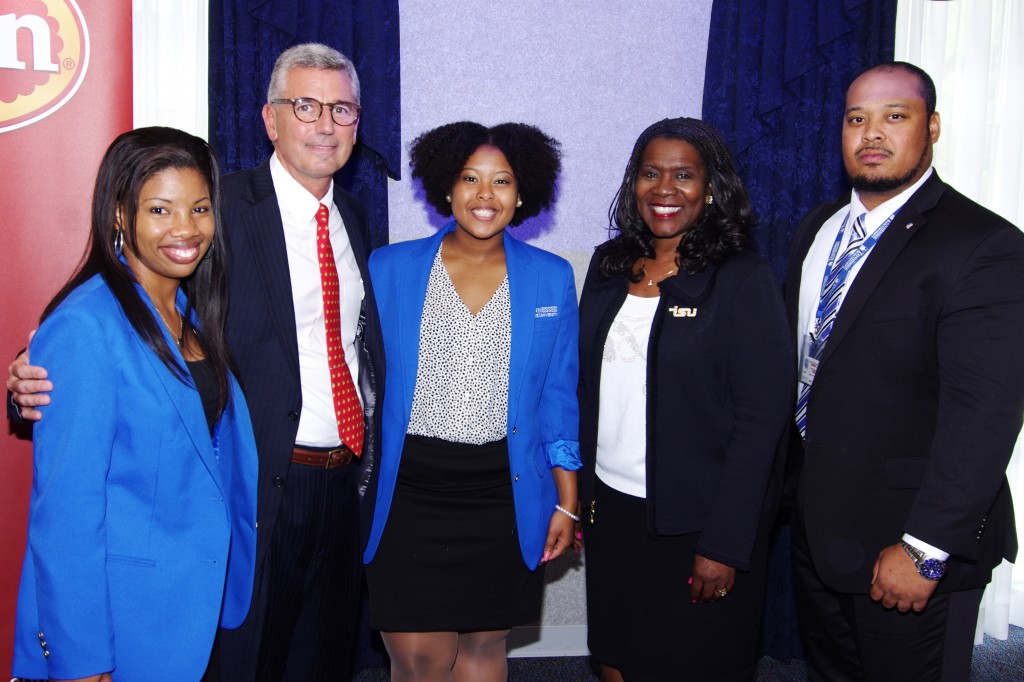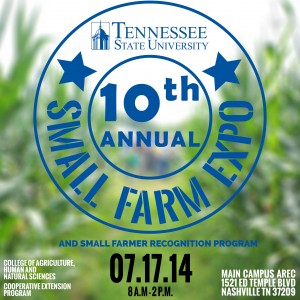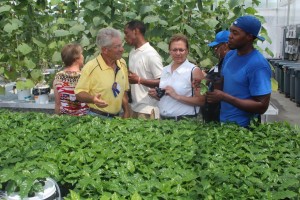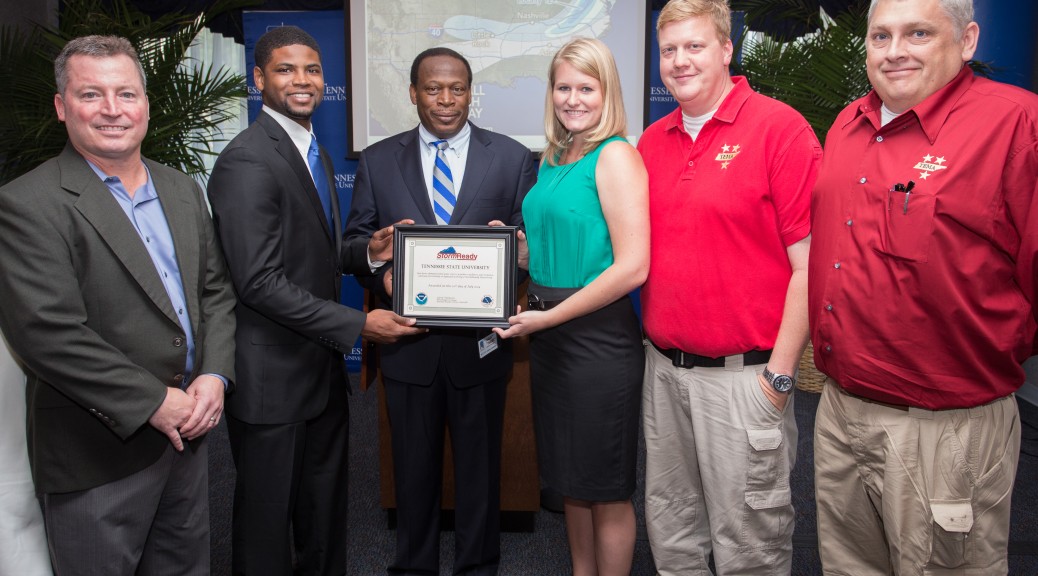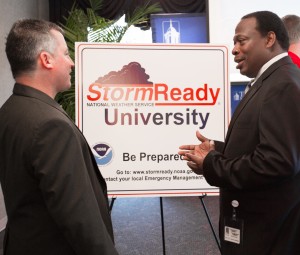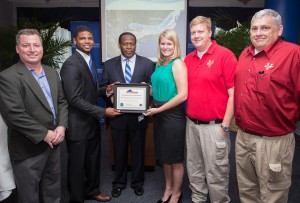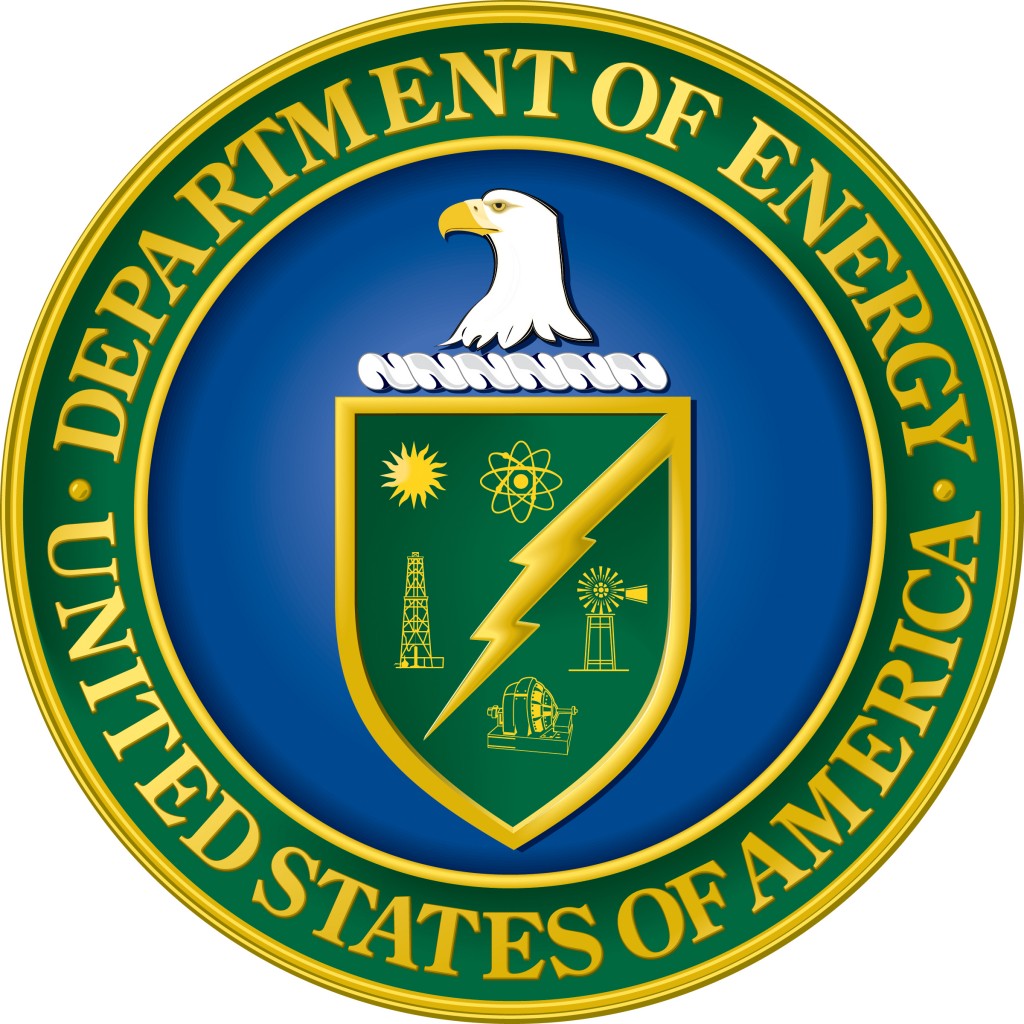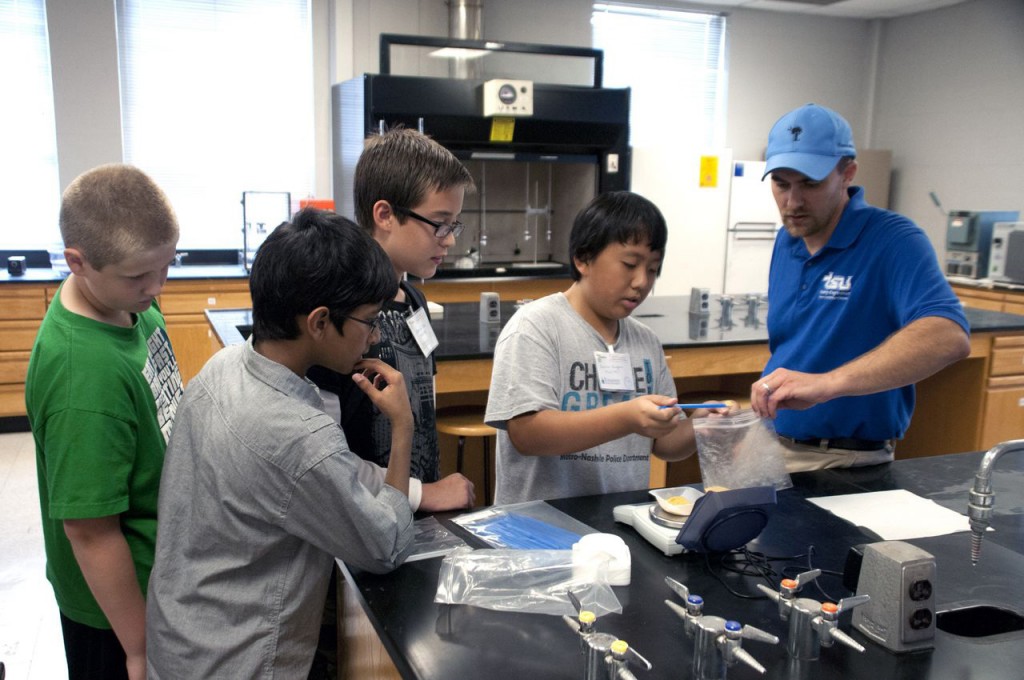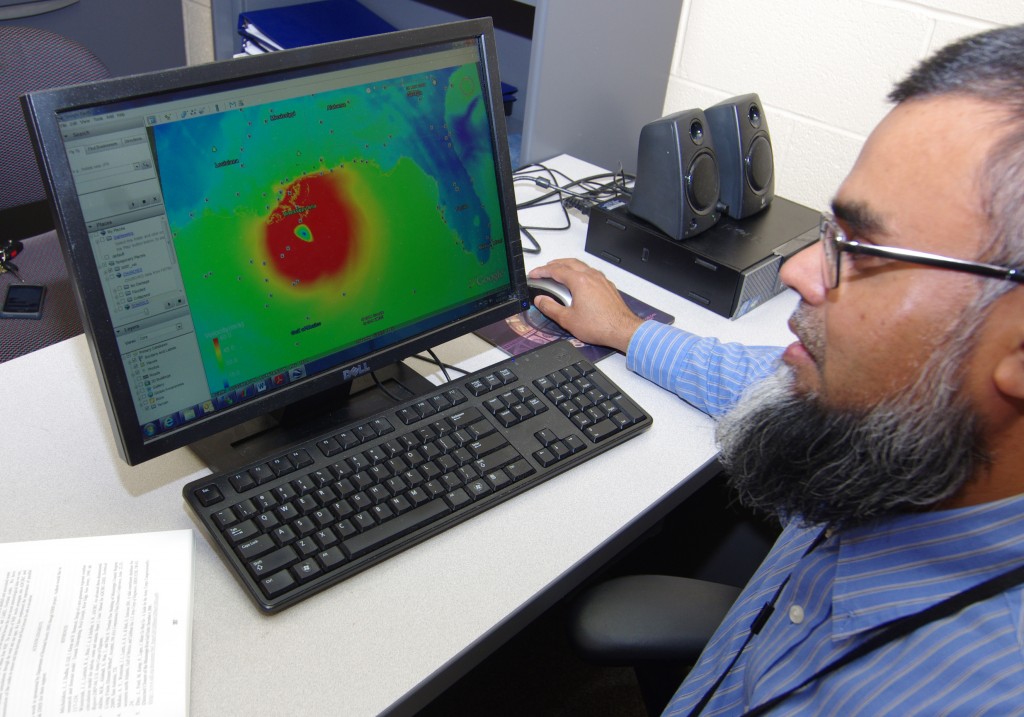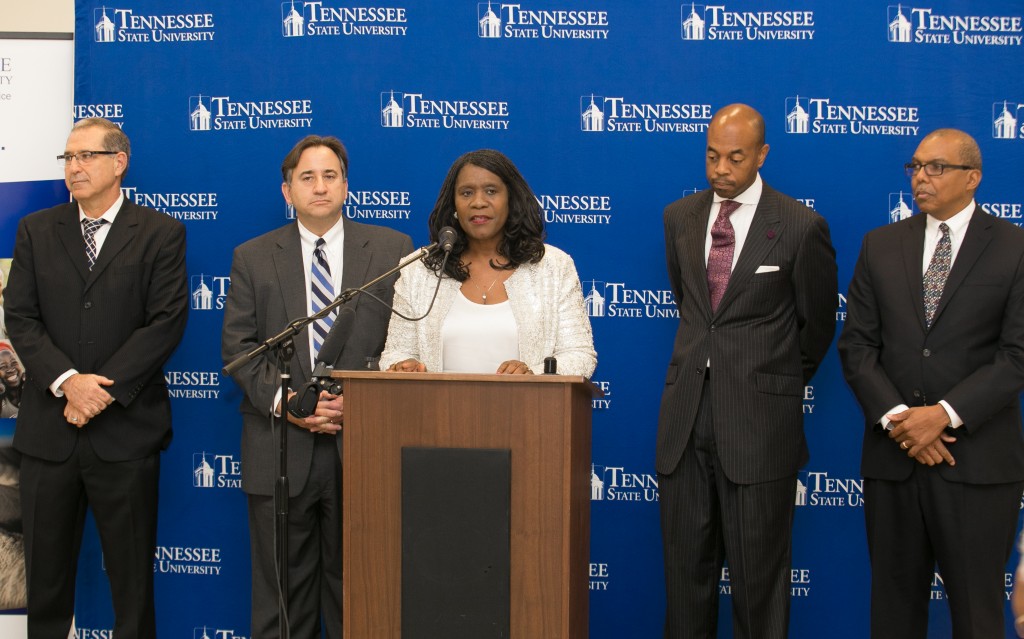
NASHVILLE, Tenn. (TSU News Service) – In a partnership that addresses the needs of the aging population, Tennessee State University and a group of neighborhood organizations have formed a collaborative initiative that combines teaching and learning, research and service aimed to enhance the lives of seniors.
Called the TSU Footprint Collaborative, the initiative’s goal is to help seniors and organizations connect to the University’s many resources by matching their needs with the institution’s expertise and service.
In an agreement signed Thursday between TSU and the neighborhood groups, the University, through its Center on Aging Research and Education Services in the College of Public Service and Urban Affairs, will develop lifelong learning programs that include classes on civic education and duties, oral history, technology and community gardening.
According to the agreement, these services and programs, which are a result of several months of studies of seniors’ care and needs in the neighborhoods, and meetings, will begin in January 2015.
Calling the agreement a “holistic approach in addressing the needs of the growing baby boomer population,” TSU President Glenda Glover, said meeting the needs of the aging population is a local, regional and national challenge that requires immediate attention.
The president’s concern and the need for TSU to play a leading role is backed by a recent NIH report, The 2030 Problem: Caring for Aging Baby Boomers, that calls on healthcare providers, institutions and universities to ensure accessible care for the nearly 61 million projected seniors by 2030.
“This agreement puts the University in the forefront – where it should be – to help eliminate issues facing our aging population,” Dr. Glover said, pointing to TSU’s more than 25-year experience, through CARES, in addressing “elder abuse.”
She commended the effort of the late State Rep. Harold Love Sr., whose vision on the issue of elder abuse was helpful in bringing the community and the University together to develop “a more comprehensive and strategic agenda” that not only addresses the various needs of the aging population, but also helps to find “practical solutions.”
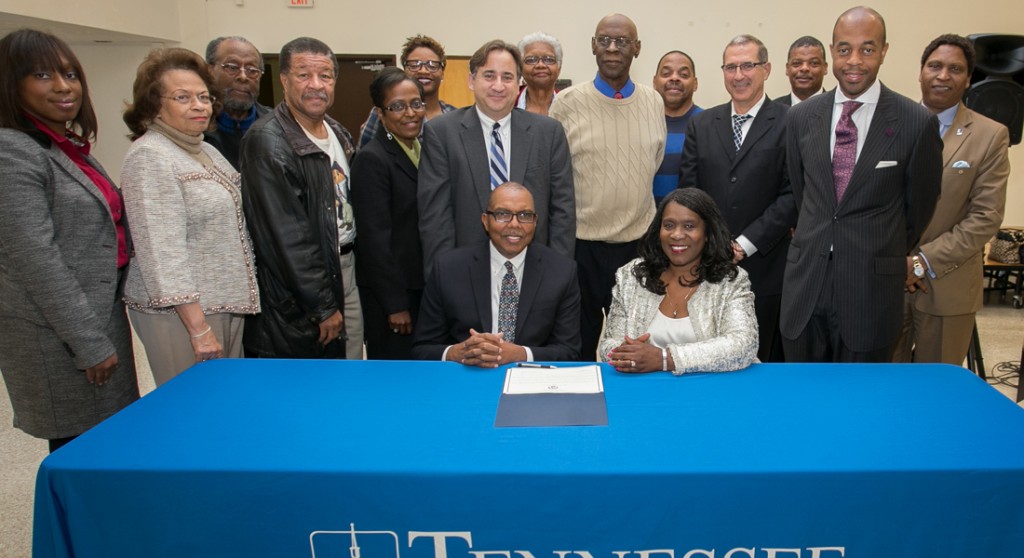
“Tennessee State University’s efforts over the past year with our Footprint Collaborative members helped us to develop a framework for today’s announcement and memorandum of understanding,” the president said.
Neighborhood groups joining TSU in the Footprint Collaborative are College Hill, Hadley Park and Tomorrow’s Hope, all within close proximity of the University.
Van Pinnock, who signed the agreement on behalf the Collaborative, along with Dr. Glover, called the event an “exciting day for the community,” noting TSU’s history as an “HBCU in the forefront of initiatives” that enhance the lives of seniors in the community.
“I am just excited to be a part of this endeavor,” Pinnock said. “We are thankful to Dr. Glover and Tennessee State University for this initiative.”
State Rep. Harold Love Jr., himself an advocate for senior care, who was among many federal, state and local officials to witness the signing, also stressed the growing need for better and improved care for the aging population, as advocated by his late father.
“More of our seniors need assistance more than ever before, and I am glad Tennessee State University is leading the way in this endeavor,” Love added.
Also making comment at the ceremony was Jim Shulman, executive director of the Tennessee Commission on Aging and Disability, who pointed to the state’s dismal rankings in the arrears of smoking cessation, physical inactivity, food insecurity, and many other ailments that affect the national population, especially seniors.
“We need to improve in these areas to ensure a better quality of life for our aging population,” Shulman said. “Anything we can do for our seniors that improves their living standard is important.”
Dr. Michael Harris, dean of the College of Public Service and Urban Affairs, acknowledged the work and individuals in making the Collaborative a reality.
“Dr. Glover should be commended for her vision that made this all possible,” Harris said. “It was a team effort involving CARES, the Department of Sociology and Social Work, and many others in our college including students. Our goal is to find ways to connect academic knowledge with community needs through programs that improve the quality of life for the aging population in Tennessee.”
Students, faculty, staff joined many seniors from the community for the signing in Elliott Hall.
Other officials present were: Devin Stone, assistant director of communications in the Department of Human Services; Norma Powell, deputy executive director on aging programs in the Area Agency on Aging and Disability; and Dr. Consuelo Wilkins, executive director of MeHarry-Vanderbilt Alliance.
Tennessee State University
3500 John Merritt Boulevard
Nashville, Tennessee 37209
615.963.5331
About Tennessee State University
With more than 9,000 students, Tennessee State University is Nashville’s only public university, and is a comprehensive, urban, co-educational, land-grant university offering 42 undergraduate, 24 graduate and seven doctoral programs. TSU has earned a top 20 ranking for Historically Black Colleges and Universities according to U.S. News and World Report, and rated as one of the top universities in the country by Washington Monthly for social mobility, research and community service. Founded in 1912, Tennessee State University celebrated 100 years in Nashville during 2012. Visit the University online at tnstate.edu.
